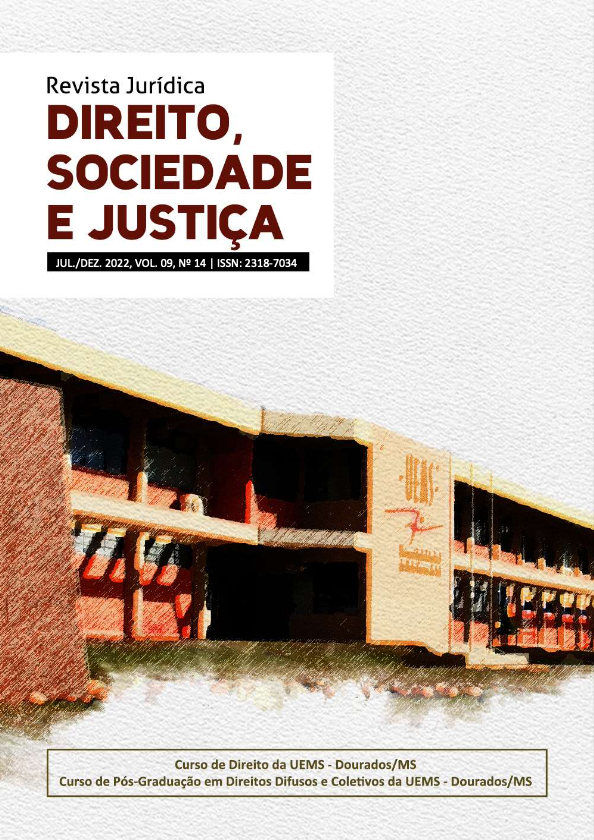A IMPENHORABILIDADE DO SALÁRIO E DA POUPANÇA SOB A ÓTICA DO SUPERIOR TRIBUNAL DE JUSTIÇA: DO IMPEDIMENTO AO PROCESSO DE EXECUÇÃO À GARANTIA AO MÍNIMO EXISTENCIAL DO DEVEDOR
DOI:
https://doi.org/10.61389/rjdsj.v9i14.7282Resumo
A presente pesquisa tem por objetivo trabalhar a impenhorabilidade do salário e da poupança
sob a ótica das recentes decisões acerca do tema decorrentes do Superior Tribunal de Justiça. Para
construir o referencial teórico, foram utilizadas bases acadêmicas, especialmente o Google Acadêmico,
além da realização de uma minuciosa análise documental e jurisprudencial, de modo exploratório. Os
resultados abordaram que a penhora é um instituto do processo civil que efetiva uma resolução de conflito
entre devedor e a parte autora e possibilita um ressarcimento de custas. Entretanto, assim como diversos
outros institutos, a penhora não possui um conceito absoluto e deve ser analisada sob um panorama da
dignidade da pessoa humana, isso porque, enquanto o Código de Processo Civil de 1973 tratava o salário
como absolutamente impenhorável, a previsão de absolutez foi retirada do CPC de 2015. Por conclusão,
entendeu-se pela necessidade de um limite da penhora que não obstrua o sustento do devedor e seus
dependentes, suscitado inclusive pelo STJ em recentes decisões e aplicado por outros tribunais.
Downloads
Publicado
Como Citar
Edição
Seção
Licença
O envio de trabalho implica que seu(s) autor(es) concede(m), formal e gratuitamente, à Revista Direito Sociedade e Justiça, os direitos autorais, caso o mesmo seja aceito para publicação, de o incluir, publicar e divulgar em qualquer meio, inclusive em arquivos virtuais, Cd-Rom (ou equivalente), revistas impressas, na página virtual do curso, etc..
Caso referida revista, em qualquer dos seus meios de publicação, sejam comercializadas ou de alguma forma patrocinadas, não retirará a natureza de gratuidade anteriormente prevista.
Os trabalhos publicados terão caráter subsidiário para os usuários na elaboração dos seus estudos, pesquisas, trabalhos científicos e acadêmicos, bem como demais atividades pedagógicas, podendo ser impressos para essa finalidade, sendo que a utilização para fim diverso do aqui estabelecido dependerá de autorização do autor e do conselho editorial da revista.

